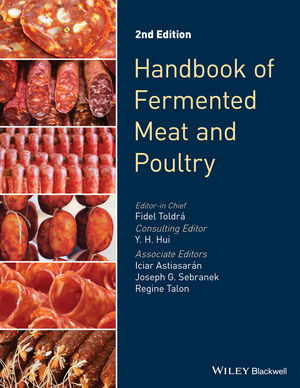Mosa Meat, a company in the cultivated meat space that grows beef directly from animal cells and unveiled the first cultivated hamburger in 2013, recently published a new review of how cultivated beef can help mitigate the climate impact associated with industrial beef production.
The review describes recent developments in the cultivated meat sector and outlines some of the fundamental principles for the field to realize the positive potential impact on climate change, animal welfare, food security, natural resource depletion and public health. It also calls on a range of stakeholders, that include governments and food industry organizations, to contribute to specific parts of the emerging value chain in order to speed up development of the industry.
“Beef needs a solution. Industrial meat production continues to accelerate the climate crisis, while the world’s demand for beef is steadily growing. We are creating an alternative approach to producing real beef. With Mosa Meat’s rapid recent growth, creating the biggest scientific team in the industry and the largest cultivated meat campus in the world, I am very excited for what lies ahead as we help reshape the global food system,” said Maarten Bosch, CEO of Mosa Meat.
Mosa Meat recently announced expansion to industrial scale production facilities in the Netherlands, creating the largest cultivated meat campus in the world (7,340 square meters or 77,000 square feet), and contributed to the UN Climate Change Conference (COP27) to include cultivated beef as part of the conversation.
“We unveiled the first cultivated beef burger to the world in 2013 and a whole new cultivated meat sector has been developed, creating new value chains and collaborations,” added Bosch. “The next step for our field is to develop industrial and commercial sized production facilities to maximize the potential impact. We call upon a range of financial, societal, governmental and scientific institutions to collaborate and further invest into the development of cultivated meat.”
Source: Mosa Meat








